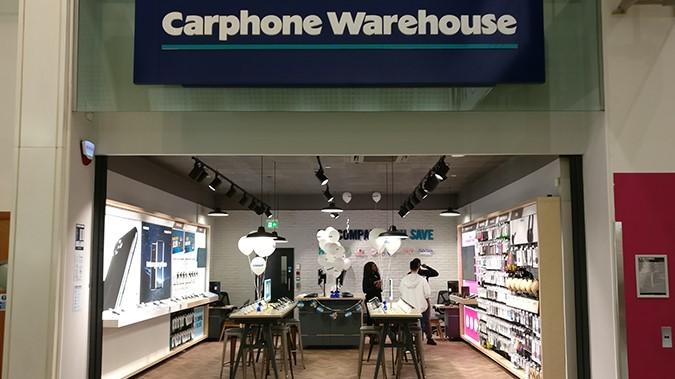Charles Dunstone, saw things differently than the company with which he was working.
He realized that if there were thousands of people in large corporations, there were hundreds of thousands, if not millions, of small business owners and sole proprietors whose lives would be transformed by being free of the “he’s not here now” or the answerphone.
The painter on a ladder could plan his or her next job without having to return to the ground. Time and time again. A true revolution in small business.

In response to this insight, Charles Dunstone and Julian Brownlie founded Carphone Warehouse in 1989, with Dunstone’s old school friend David Ross joining a year later.
The phone retailer with a presence on the High Street was an instant success.
It never had to borrow money to expand at a breakneck pace across the UK and then Europe. It was an idea whose time had come, but it needed to be realized.
The store’s name encapsulates a bygone era of mobile telephony: portable but not too portable. The transition to retailing was a stroke of entrepreneurial brilliance, and it was perfectly timed.
Carphone Warehouse benefited from first mover advantage and knew how to exploit it. That entrepreneurial spirit stayed with the company for a long time.

Carphone Warehouse is the latest high-street firm to close outlets and lay off employees. Some are surprised by the decision, while others believe it was inevitable due to a hostile trading climate and a shift in consumer purchasing patterns.
Carphone Warehouse is the latest high-street retail juggernaut to be driven into dramatic steps to ensure its survival. The firm declared in 2018 that it was revamping its business operations in an effort to return to profitability. Unfortunately, this procedure is required in order to save money. Because of the nature of mobile phones, a little item that can be readily sent in the mail and distributed by bricks and mortar retailers, they are being used less and less, but yet has a high cost to run and maintain.
Businesses that have failed on the high street in recent years have all had comparable issues, most notably a lost struggle against rising business rates and rents. Rising rents make it increasingly difficult for businesses to afford to trade in their physical storefronts, frequently necessitating store closures or staff layoffs in an attempt to preserve profitability. Carphone Warehouse has 531 standalone outlets in the UK, putting a huge strain on its infrastructure and costing the firm millions of pounds.
Some argue that Carphone Warehouse might have prevented such drastic reductions in employees and store counts by adopting innovative in-store experiences and rethinking the premises to make them more appealing to customers. This sounds nice in theory, but in practice, the cost of running these stores would remain the same, and reimagining or trying out new experiences would most likely not generate any additional money at a time when it is desperately needed.
Carphone Warehouse would need a quick financial injection or, as it has done, a significant decrease in its overhead expenses, such as shop closures, to be salvaged.
